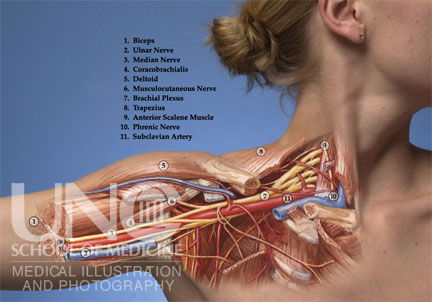
Posted: 2:50 p.m. Monday, Nov. 29, 2010
Dear Dr. Bone: when my husband was diagnosed with prostate cancer, we went for more than one opinion. they conflicted and we ended up going with the doctor who thought we could delay treatment. Two years later when my husband went for the surgery, the cancer had spread. I am less upset about the medical opinions than the unsolicited "friendly comments" from family members, close friends and co-workers during my husband’s cancer journey:
"God only sends what people can handle."
"God knows what you need and will send it to you."
"Jim can live without his prostate so thank goodness it wasn’t cancer of a more vital organ."
"Your husband will live but your sex life is over."
"John’s sex life is over but you can go on."
"what is your problem? You were not still enjoying sex, were you?!"
"You have had a good life so get over this cancer issue."
I could go on and on with a list of stupid comments and advice. all I wanted was for everyone just to say that they were sorry for us. – Anonymous
Dear Anonymous: Your insight helps all of us. Let’s improve our cancer etiquette!
Dear Dr. Bone: I had a hysterectomy for fibroids in my late 20s and was started on Premarin pills. Over the years, I have decreased my dose, and now that I am 64, I take only 0.3 mg, which I understand is the lowest dose. my own gynecologist feels that I should continue, but I am worried about the studies linking estrogen with cancer. my mother’s sister had breast cancer and I look just like her. I would appreciate your input. - LCM
Dear LCM: thanks for your question. there is no one right answer. By now you have probably gotten all the benefit from the hormones that you will get. the only way to know whether you really need to be on them is to try to come off. You might try to wean off hormones slowly. If you have no menopause symptoms that might have been masked by long-term use, then you can stay off. on the other hand, if you start to have hot flashes, flushes or sweats, you can go back on knowing that you need hormone replacement to maintain your quality of life, even if there is some risk of blood clots, stroke, and/or heart attack with prolonged use. Your family history is not worrisome. Even though people think that looking like a relative who had cancer increases their own risk, it does not.
Hope that helps.
Dear Dr. Bone: my father’s twin brother was recently diagnosed with colon cancer. they were hoping the surgery would remove it all, but it’s been discovered that it has metastasized to his lymph nodes.
My uncle is very optimistic, while his wife has a hard time talking about it without getting choked up. I have twin sons myself, so it makes me worry for them as well, as it is now "in our family" so to speak when before, until now, the only person who got cancer in our family was my grandfather, and it was lung cancer and he smoked like a chimney for decades. So my questions are these: what can I do to help? are my sons at risk? what is the prognosis? – PM
Dear PM: First your uncle: according to a subsequent e-mail I received, the disease is wider spread than the doctors originally thought. it would be impossible for me to predict his absolute prognosis, but the 50-50 chances the oncologist gave him sounds right on target. my personal prognosis was the same and I just was determined to be in the "right" 50 percent!
Colon cancer can be hereditary. usually more than one relative has it and uterine cancer can also be associated with it. it sounds like your uncle is an isolated case, but your father should be watched carefully as well. due to your uncle’s age (68), it is less likely to be a hereditary cancer, but I would ask that you get your baseline colonoscopy soon. This will help to determine how to manage your own twin sons.
As for what you can do, I suggest asking him what he might need done. Errands, meals, rides to appointments, books or magazine to read during chemotherapy – all are good ideas. Don’t guess. it is fine to ask a cancer patient directly. Speak to him just the way you did before you knew he had cancer.